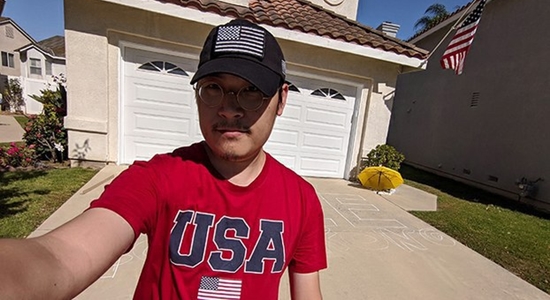
It’s not so much a new campaign as a renewal of an old one. The problem is “the chaos of the irregular use of Mandarin and other characters on the Internet,” which the Cyberspace Administration of China will seek to “rectify,” according to reporting by the state news agency Xinhua.
The new war on slipshod expression has a code name, Clear and Bright, “and will target expressions involving homophones—words that work as code by sounding like another word—and distortions of ‘sound, form and meaning’ ” (“China launches crackdown on ‘unauthorized’ use of language,” Radio Free Asia, October 14, 2024). The campaign will encourage snitching to help authorities exterminate the ill-usage.
More than aversion to slang and slovenliness is involved. Chinese netizens often try to evade censorship by deliberately using words mysteriously or “incorrectly,” as a kind of code. Such a purpose means, of course, that the words are being used correctly after all.
The campaign will aim to erase “non-standard and uncivilized language and written expressions in lists of trending searches, homepages, and curated selections,” the agency reported, citing the administration.
Tip-offs will be encouraged, to enable the authorities to “clean up” unauthorized usages, it said.
Chinese internet censors already have a huge database of “sensitive words” that are banned from the internet, including references to the 1989 Tiananmen massacre and Winnie the Pooh—because of the fictional teddy bear’s alleged resemblance to ruling Chinese Communist Party leader Xi Jinping.
The Cyberspace Administration has targeted homophones before, largely because they’re used as code to evade censorship.
A former Chinese internet censor told Radio Free Asia that the authorities are likely now increasingly worried about a new wave of online slang widely used by Generation Z on social media, including “lying flat” and “leeks,” which refers to ordinary people as a harvestable resource to be used by the authorities for their own purposes.
“Once they block all of these slang expressions, it may only be possible to use official narratives and official definitions, so it’s a form of speech control,” Liu Lipeng [shown above], a former Sina Weibo censor who now lives in the United States, told RFA Cantonese. “It’s a complex form of manipulation of ideology, of the narrative.”
The Party would like to control everything. Perhaps there is also a correct rhythm and intensity of breathing that not everybody strictly adheres to and which the CCP may one day try to monitor and regulate. Especially if people start training themselves to breathe in a pattern that expresses forbidden thoughts.
Meanwhile, have you ever tried to read the People’s Daily? Or a Chinese embassy press release? Talk about abuse of language…





